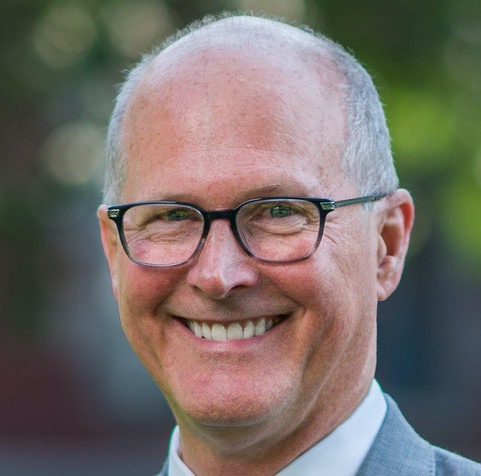
College and universities will play a critical role in supporting businesses—particularly small businesses—as they navigate an economic recovery from the coronavirus pandemic.
That requires a close working relationship that allows business and higher education leaders to understand each other’s needs, says University of New Hampshire President James W. Dean Jr., co-author of The Insider’s Guide to Working with Universities.
“When you think about the relationship between universities and businesses, the most obvious role we play is as a source of talent,” Dean says.
To support an ever-evolving economy, colleges and universities must prepare students not only for the jobs they will get right after graduation, but also give graduates the skills they’ll need five and 10 years down the road, Dean says.
More from UB: Are students with disabilities getting lower quality jobs than their peers?
A key skill students need to adapt to changing industry needs during their careers is the ability to make and critique arguments using logic and data.
“That just covers so many different kinds of jobs,” Dean says. “The data is the math, the quantitative, and the logic is more the humanities. You want people to be sophisticated consumers of the news, now more than ever.”
Small business expertise
The university’s small business center offers consulting services to help business owners secure stimulus funding and other assistance. Its extension service has produced online classes for everyone from farmers to parents to K-12 educators.
University leaders must also remain in contact with elected officials from the governor to members of Congress to state legislators. These relationships often cover four main issues: the economy and workforce; energy and the environment; education at all levels; and healthcare.
Faculty can provide legislators with expertise as policy is crafted in these various areas.
The school also has a university-wide business advisory council as well as similar groups in several of its colleges. They guide small business owners on succession planning, maintain cash flow during these challenging times and how to leverage state and federal programs, among other issues, Dean says.
“Most new jobs are created by small businesses,” Dean says. “We see ourselves behind the scenes helping them.”
More from UB: Faculty actually liked online learning (mostly), survey finds
The university is planning to hold some in-person classes in the fall but is also offering its faculty an “elaborate course” in online education. Dean and other university leaders have also been in contact with K-12 school districts to potentially allow teachers to take those classes.
A key element his book covers is the role of many business people who serve on boards of trustees and boards of directors at colleges and universities.
“We look at how to make those relationships work,” Dean says. “The guiding principles of businesses are different than the guiding principles of universities, and, it’s a source of diversity that can be helpful. If we can get the best of both worlds, we can have better universities.”
UB’s coronavirus page offers complete coverage of the impacts on higher ed.

